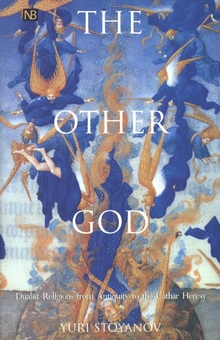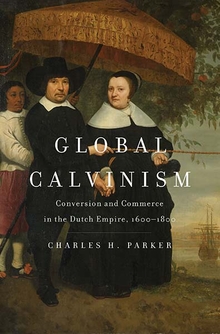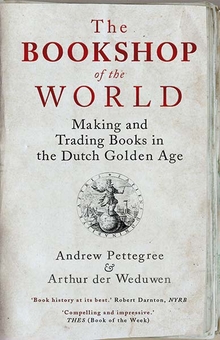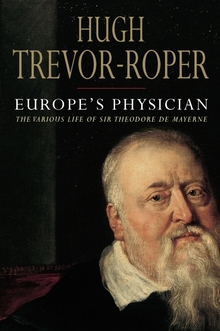The Sound of Virtue
WARNING
You are viewing an older version of the Yalebooks website. Please visit out new website with more updated information and a better user experience: https://www.yalebooks.com
Philip Sidney's 'Arcadia' and Elizabethan Politics
Blair Worden
Elizabeth's failure to resist the Catholic advance at home and abroad and her apparent resolve to marry the Catholic heir to the French throne seemed likely to bring tyranny and persecution to England, which provoked a radical political dissent there. Worden reconstructs the dramatic events taking place while the Arcadia was composed and shows for the first time the important role they played in Sidney's work. He also closely analyzes the text of Arcadia, pointing out the distinctive vocabulary used by those sympathetic to the cause of Protestant unity in Europe, a cause that Sidney came to champion. Worden's new perspective transforms our understanding of Sidney's masterpiece and offers a fresh approach to the relationship between the history and literature of the Renaissance.
"A remarkable book, of great originality, depth and subtlety. After it, Arcadia can never be quite the same."—Hugh Trevor-Roper, The Sunday Telegraph (London)
"Worden's thought-provoking book will certainly enable us to read Sidney's Arcadian Romanticks with a sharpened awareness of their' political resonances."—Lorna Hutson, Times Literary Supplement
"An intensive and persuasive study of the relationships of the three versions of the Arcadia and their philosophical, historical, and religious backgrounds. . . . Discussions of stoicism, Machiavelli, Castiglione, and Tacitus are particularly enlightening. A long analysis of Philisides's fable nicely illustrates a number of major political themes. . . . Essential to an understanding of Sidney's work."—Choice
"There is no doubt . . . of this book's value. It draws together various types of evidence to describe what Worden calls the 'creative tension' between public and private that is manifest in the Arcadia and in Sidney's life, and it does so while proposing a subtle continuity between assertions of the liberty of the counselor and the erosion of Tudor monarchy on the path to the seventeenth century."—Daniel T. Lochman, Sixteenth Century Journal
"Worden carries his learning gracefully, his historical narrative is never wearisome, and he places Sidney's 'mirrors for princes' in many contemporary contexts, including that of Tacitism, philosophy of history and other political literature."—English Studies
"A major contribution to scholarship."—Ecclesiastical History
"A richly nuanced and largely convincing demonstration that the Old Arcadia is shot through with ideas and, more particularly, with the language of the forward Protestants."—Richard Helgerson, American Historical Review
"A remarkable book, of great originality, depth and subtlety. After it, Arcadia can never be quite the same." —Hugh Trevor-Roper, The Sunday Review (London)
"The Sound of Virtue is compulsory reading for all students of Sidney, Spenser, and Shakespeare, and of every author in any way associated with Elizabethan and Jacobean politics. Its long-term significance to the study of the literature and history of the Elizabethan era should not be underestimated."—Victor Skretkowicz, Modern Language Review
"Blair Worden's study of Philip Sidney's Arcadia is a major accomplishment in interdisciplinary studies, a meticulous examination by a distinguished historian of one of the most self-consciously ornate and 'literary' of texts. . . . Even while listening so ably for the 'sound of virtue' as Sidney thought he could hear it, Worden records the dissonances in the mind and heart of that witty, pressured, and frustrated author, and the world in which he wrote."—Anne Lake Prescott, Journal of English and Germanic Philology
Publication Date: April 22, 2014









